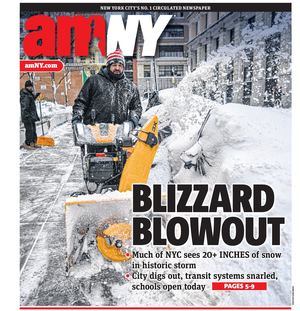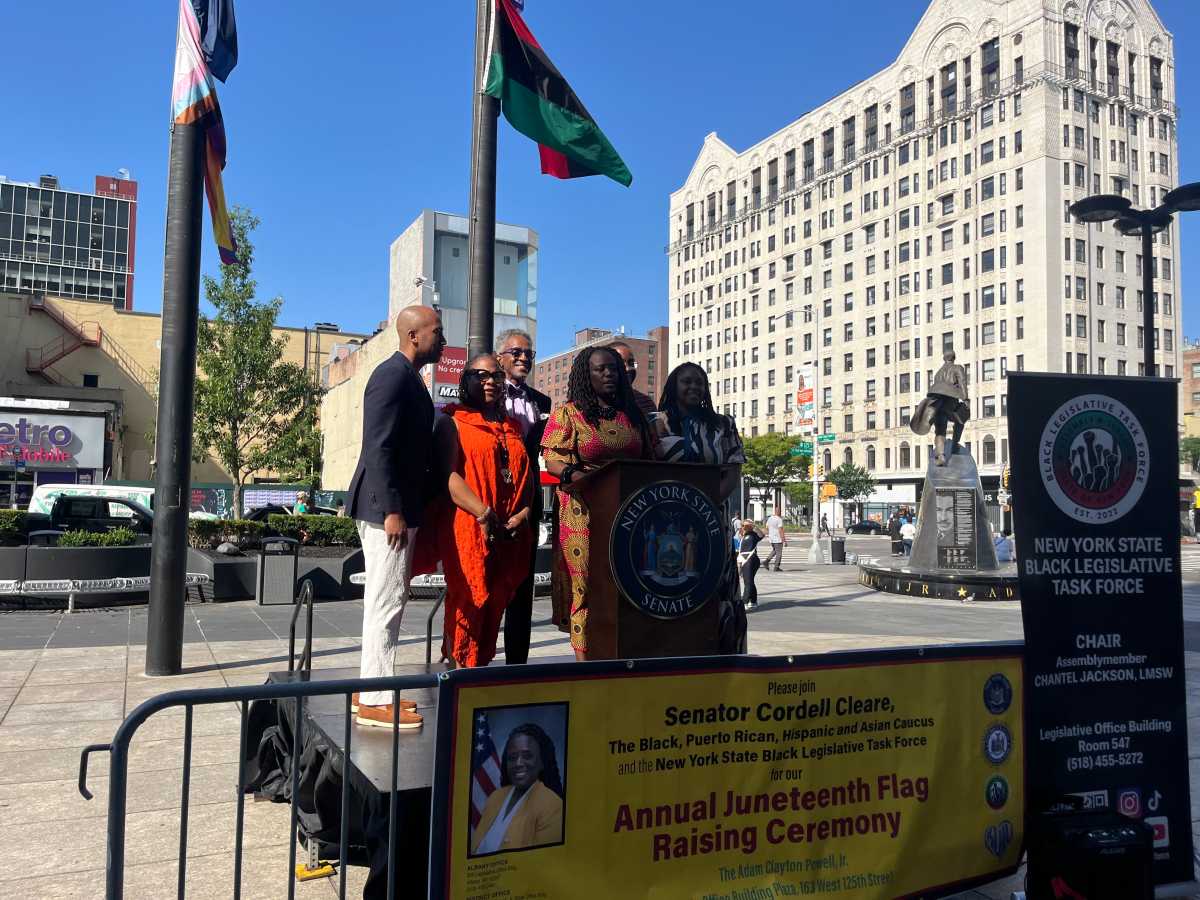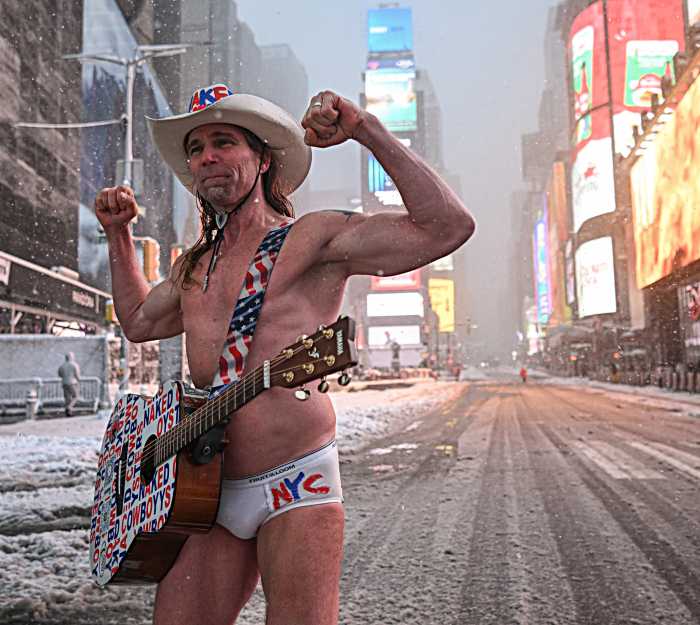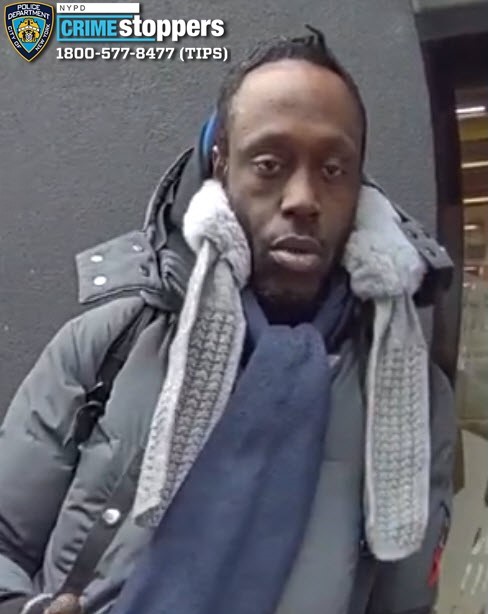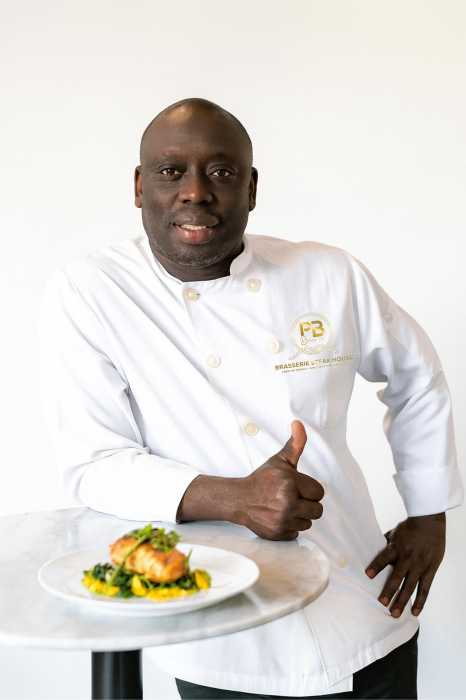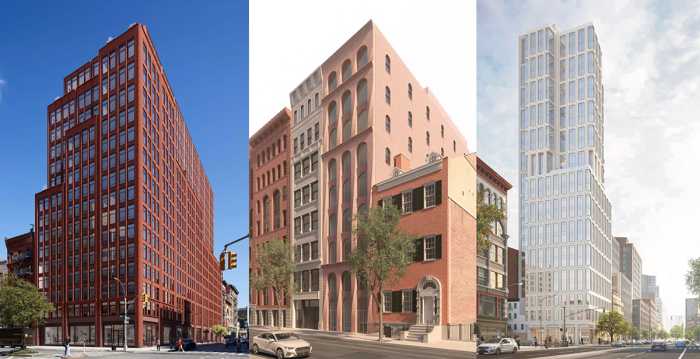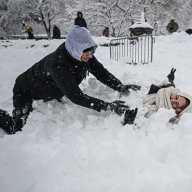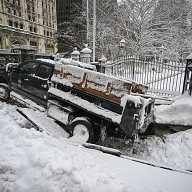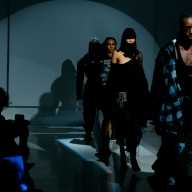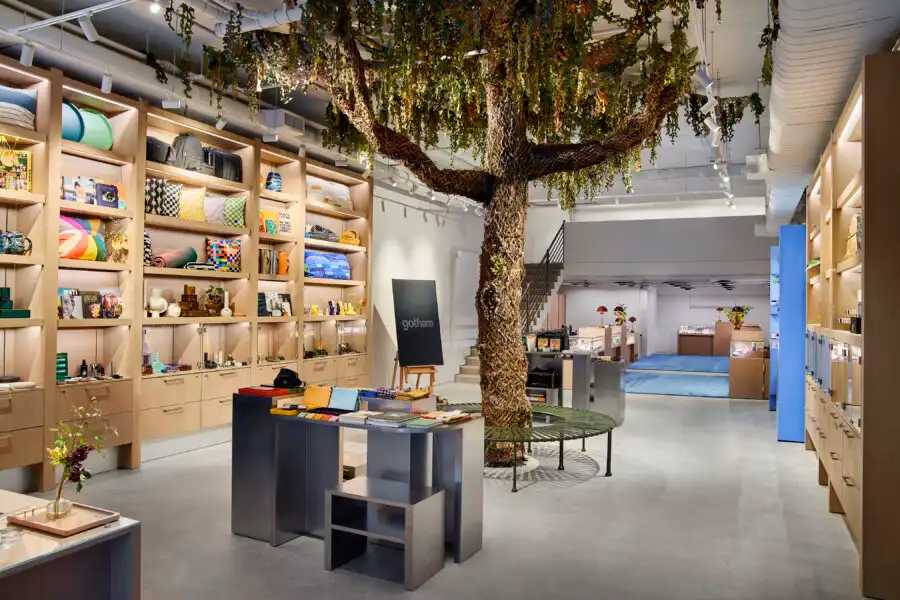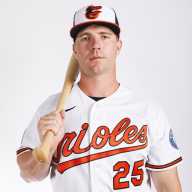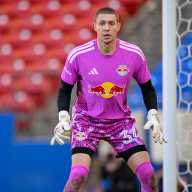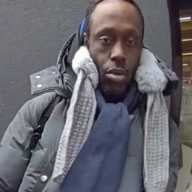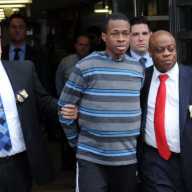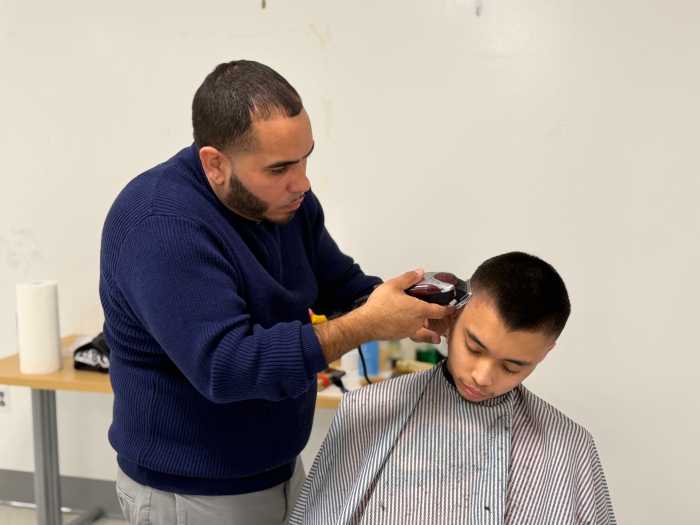On a warm, sunlit Thursday morning, community members, elected officials, and local youth gathered to celebrate Juneteenth with a powerful flag-raising ceremony in Harlem.
The event, now in its fourth year, honored freedom, history, and the ongoing struggle for justice.
The ceremony began with a spirited prayer by Bishop Mary Freeman of Emmanuel Church, who reminded the crowd why the day matters.
“We thank you for this day of celebration,” she said. “A day that reminds us that we are no longer bound but set free.”
The event was led by State Senator Cordell Cleare alongside members of the Black, Puerto Rican, Hispanic, and Asian Legislative Caucus, with speeches from Assembly Member Jordan Wright (70th District), Black Task Force Chair Chantell Jackson, among others. Other elected officials present in the ceremony included: mayoral candidate City Council Speaker Adrienne Adams, Assembly Member Al Taylor (71st District), Assembly Member Alicia Hyndman (Queens), Assembly Member Stefani Zinerman (Brooklyn), Senator Zellnor Myrie, former Assembly Member Diana Richardson, state Sen. Robert Jackson, and state Sen. Brad Hoylman-Sigal.
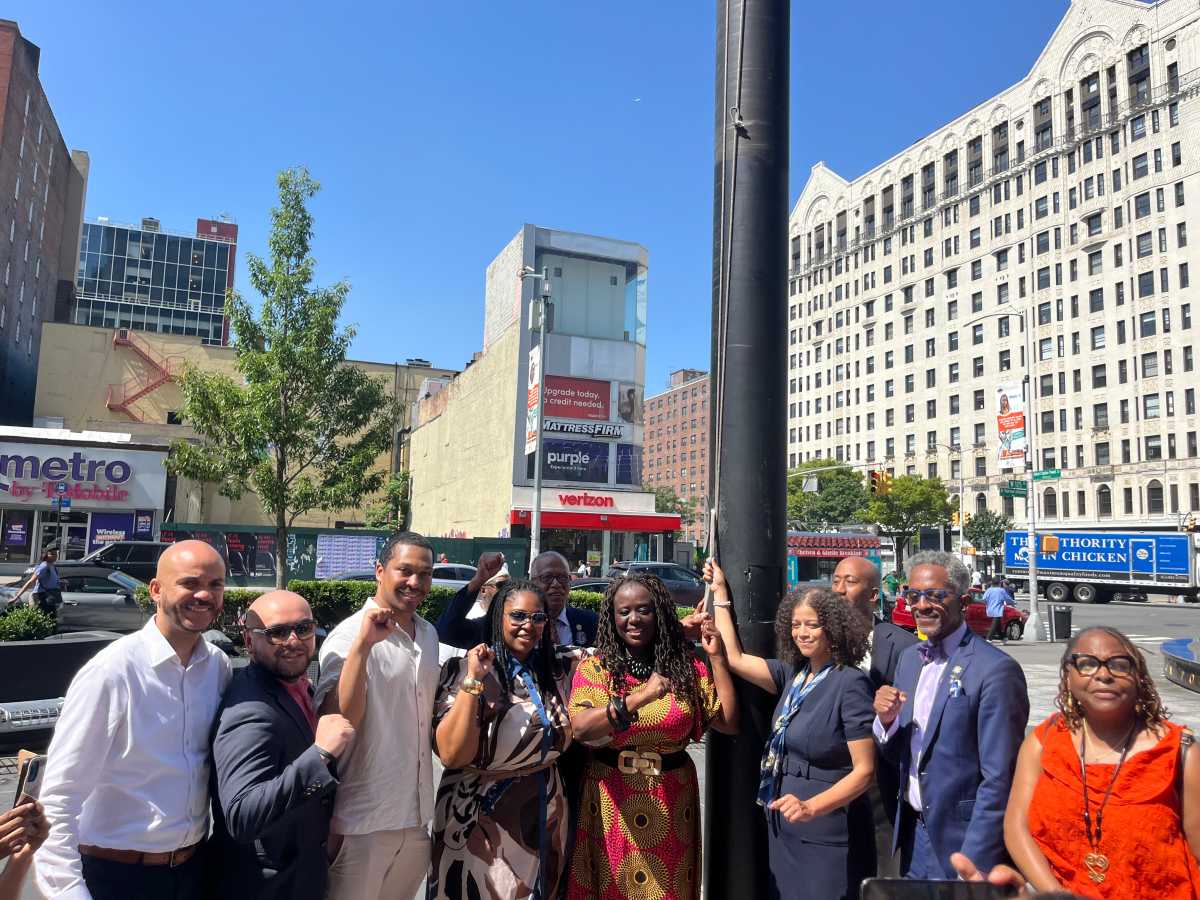
Wright reflected on learning about Juneteenth as a child on that very plaza, emphasizing the significance of educating younger generations about Juneteenth.
“Our children should be born knowing what Juneteenth is, the same way they know what Christmas is, the same way they know what Hanukkah is,” Wright said.
Jackson echoed that point, recalling how she didn’t learn about Juneteenth until her twenties. “It’s shameful—sorry, the public schools in Harlem,” she said. “We gotta do better. But I know we are now.”
Jackson reminded the crowd that the Emancipation Proclamation only applied to states that had seceded from the Union. Jackson emphasized that what really freed people was the end of the Civil War and the 13th Amendment. Juneteenth, first recognized in Texas in 1980, only became a holiday in New York in 2020.
Young performers were at the heart of the program. Dez Turner and Sarah Medina, students from a local school that Senator Cordell Cleare noted she “fought three mayors to keep open,” opened the program with stirring renditions of The Star-Spangled Banner and Lift Every Voice and Sing, respectively.
Primary students from the 180’s Young, Gifted Harlem Dancers and 241’s STEM Steppers from the STEM Institute of Manhattan gave dance performances. Primary and middle school students from the James Weldon Johnson Primary School also gave drumline performances.
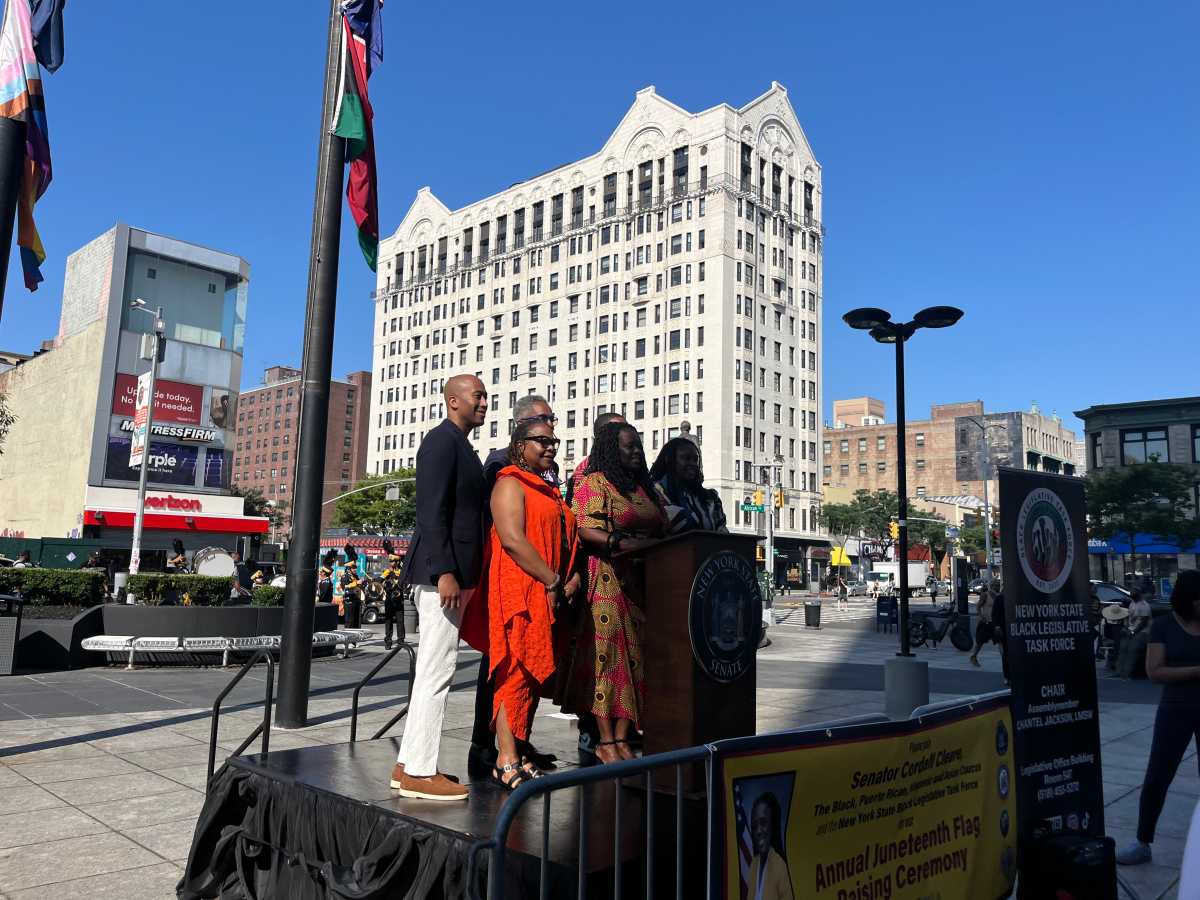
Three spoken-word performances brought raw emotion to the program.
Mya Reeves Paulk recited “One Gun, One Shot,” a reflection on violence and cycles of trauma.
Kraal Charles, founder of Generation Verb, offered a poem inspired by a conversation with his daughter about harsh realities beyond childhood fairytales.
“Yes, my love, monsters do exist,” Charles said. “But they’re the ones afraid of the dark.”
Kayden Hern, a native Harlemite who became New York’s Youth Poet Laureate at just 9 years old, also delivered an original poem: “It was the 19th day of June, 2023, another day that our people became free. The flag waved, we all stood up with pride and joy.”
Cleare noted that featuring youth was intentional: “That was on purpose,” Cleare said.
“Because they [young people] are the future,” said Cleare. “And when they do this, they never forget.”
Several officials underscored that Juneteenth is both a celebration and a reminder of unfinished work—from educational equity to criminal justice reform.
“Today we gather not just to remember history, but to remember a moment—and to make a promise that we will never forget,” said Michaelle C. Solages, chair of the Black, Puerto Rican, Hispanic, and Asian Caucus. “A promise that was made in Texas a very long time ago, that every time there’s injustice, we must remember.”
Solages called on fellow caucus members to join her on stage while she spoke. “We stand here because we are strong and we are united,” she said.
The ceremony also honored Harlem icons like the late US Rep. Charles Rangel and Dr. Hazel Dukes, and recognized long-standing community institutions like Masjid Malcolm Shabazz and the Schomburg Center for Research in Black Culture.
As the program came to a close, organizers gathered around the flagpole to raise the Juneteenth flag. They led the crowd in a chant: “Say it loud: I’m Black and I’m proud!”
